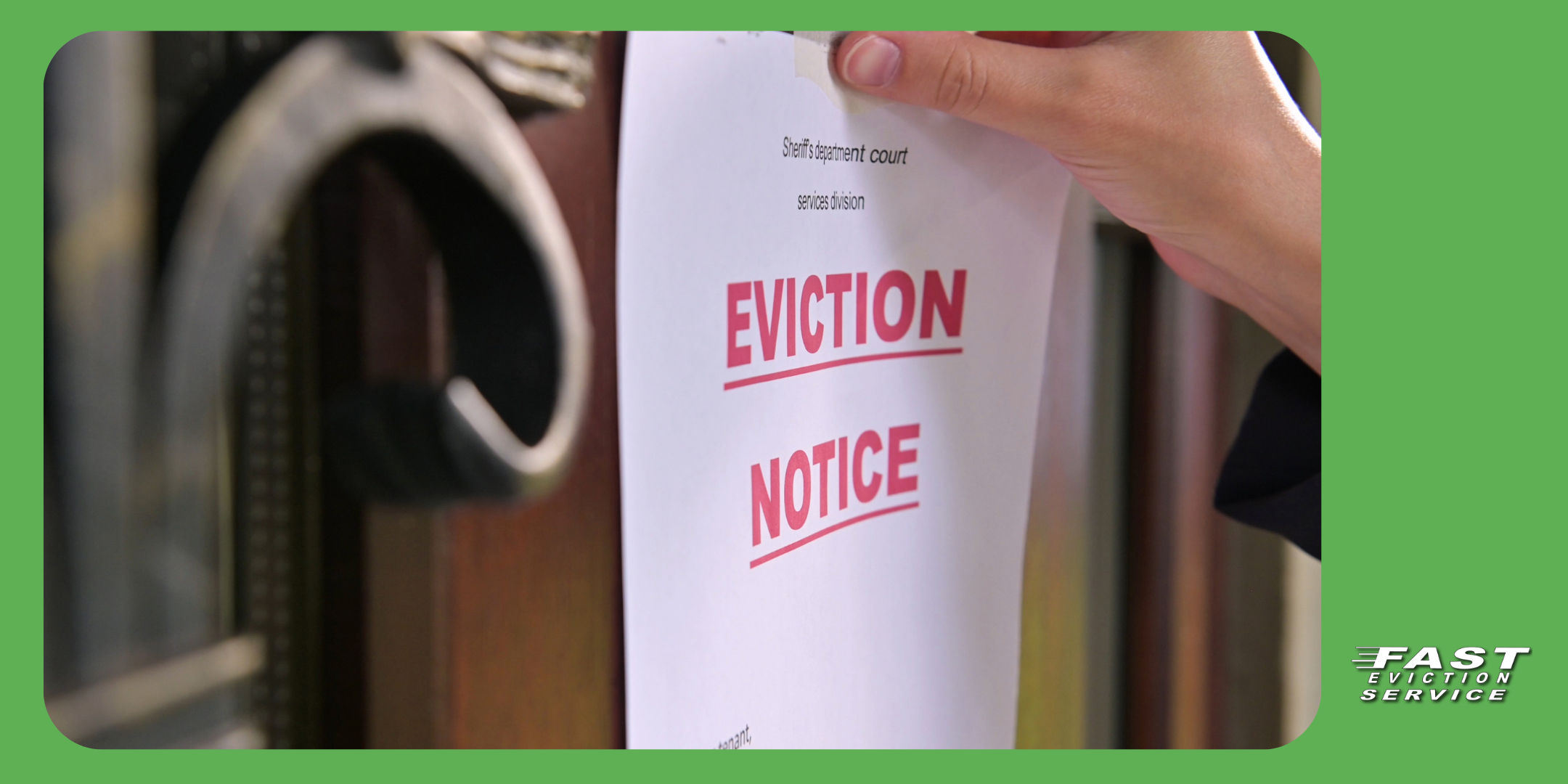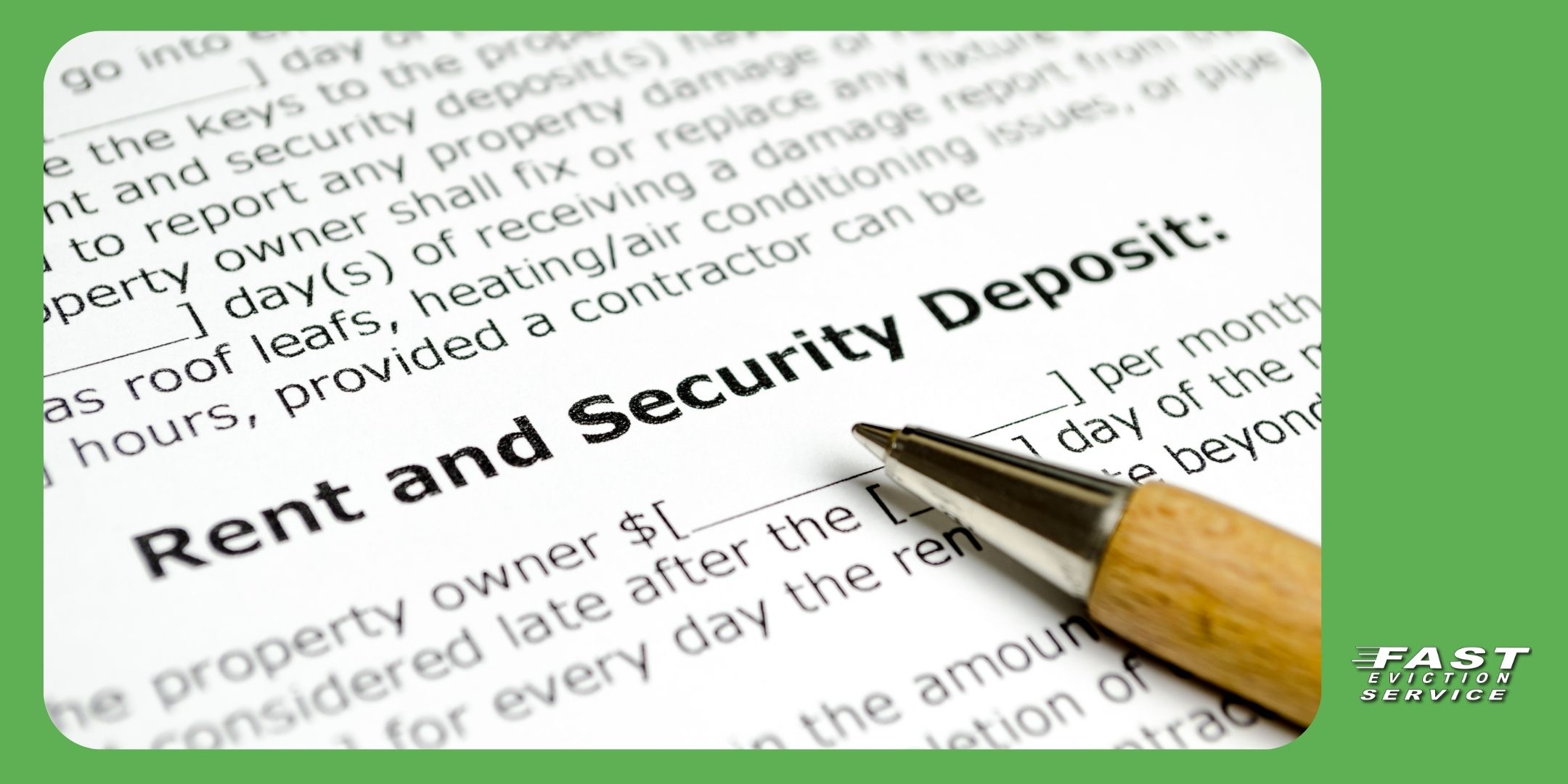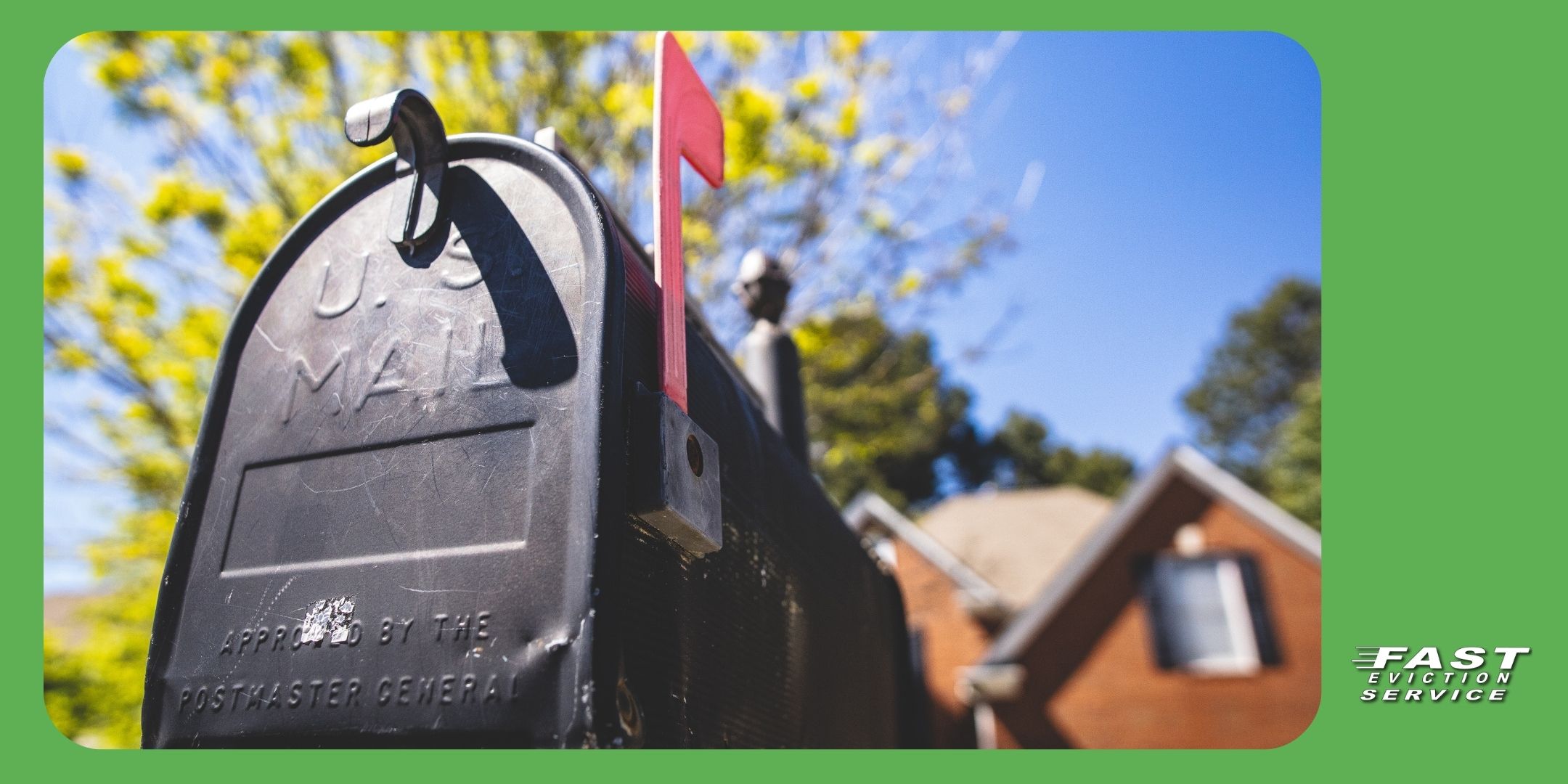Updated 9/10/24
For landlords in California, understanding the legalities of security deposits is crucial, particularly when it comes to making adjustments during an active lease. A common question that arises is whether a landlord can increase the security deposit mid-lease. This question often stems from changes in rental agreements, the addition of new tenants, or other factors that might make an increase in the security deposit seem necessary.

Before making any decisions, landlords need to familiarize themselves with California’s laws governing security deposits, which are designed to protect both landlords and tenants. These regulations ensure that the rights of tenants are respected while giving landlords the financial security they need to manage their properties effectively. In this article, we will explore whether it’s permissible to increase a security deposit mid-lease in California and what landlords should consider when handling deposits.
California Security Deposit Laws
In California, the rules surrounding security deposits are clearly outlined in the California Civil Code Section 1950.5. A security deposit is typically collected at the start of a lease to cover potential damages or unpaid rent when the tenant moves out. The amount of the security deposit and the conditions under which it can be withheld are strictly regulated. Importantly, the law also specifies the maximum amount a landlord can collect.
The limits for security deposits in California are as follows:
- Unfurnished Rental Units: The maximum security deposit allowed is the equivalent of ONE months’ rent
- Furnished Rental Units: The maximum security deposit allowed is ONE months’ rent.
These limits apply whether the deposit is intended to cover damages, unpaid rent, or any other lease-related costs. However, increasing the security deposit mid-lease is not a straightforward matter. There are several factors and legal considerations that landlords must be aware of before making such a request.
Can a Security Deposit Be Increased Mid-Lease?
The short answer is: No, landlords generally cannot increase the security deposit mid-lease in California unless both parties (landlord and tenant) mutually agree to the increase. Lease agreements are legally binding contracts, and once a tenant has signed a lease, the terms—including the security deposit—are set for the duration of that lease. Without the tenant’s consent, a landlord has no legal grounds to unilaterally increase the security deposit during an active lease term.
However, there are exceptions to this rule under specific circumstances. If the lease agreement includes a provision that allows the landlord to increase the security deposit during the lease term, then it may be possible. Even so, this type of clause is uncommon and may be subject to additional scrutiny or challenges from tenants, especially if it is not clearly outlined and agreed upon beforehand.
Situations Where an Increase May Be Negotiated
While increasing the security deposit mid-lease is not a common practice, there are some scenarios where it might be appropriate for landlords to request an increase. However, it must be done with the tenant’s consent. Below are some instances where landlords might seek to increase the deposit:
- Addition of New Tenants: If a new roommate or family member is added to the lease, the landlord may feel justified in requesting an increase in the security deposit. This is because the risk of potential damage to the property could increase with more occupants. In such cases, the landlord can negotiate with the tenant(s) to modify the lease agreement and increase the deposit accordingly.
- Pet Addition: If a tenant decides to add a pet mid-lease and the original agreement did not include a pet or allow for one, the landlord may request an additional security deposit or increase the existing one to cover potential damage caused by the pet. Landlords in California are allowed to charge a pet deposit as long as the total deposit amount does not exceed the legal limit (two months for unfurnished units, three months for furnished units).
- Lease Modifications: If both the landlord and tenant agree to modify the lease in a way that increases the financial risk to the landlord (for example, extending the lease term), the landlord may negotiate an increase in the security deposit. Again, this must be mutually agreed upon and cannot be imposed unilaterally by the landlord.
In all of these scenarios, the key is communication and consent. A landlord cannot force a tenant to pay a higher security deposit without their agreement. If a tenant refuses, the landlord must honor the terms of the original lease.
When Can a Security Deposit Be Increased?
Although increasing a security deposit mid-lease without tenant consent is not permitted, landlords may increase the deposit under specific conditions once the lease term expires and is renewed. Here’s when it’s possible to make adjustments:
- Lease Renewal: At the end of a lease term, landlords have the opportunity to negotiate a new lease agreement with the tenant. At this point, the landlord may request an increase in the security deposit as part of the new terms. For example, if the tenant renews their lease for another year, the landlord may ask for an increased deposit to align with any changes in rent or other risk factors.
- Month-to-Month Tenancies: If a tenant is on a month-to-month rental agreement, the landlord has more flexibility in adjusting the terms of the agreement, including the security deposit. In this case, the landlord must provide the tenant with proper written notice (at least 30 days in advance) before increasing the deposit. However, any increase must still comply with California’s security deposit limits.
It’s important for landlords to remember that they cannot increase the security deposit simply as a penalty or out of retaliation for tenant behavior. Security deposit laws are designed to protect tenants from unfair financial burdens, and any increases must be justified and negotiated in good faith.
Legal Considerations for Landlords
For landlords, it’s important to adhere to California’s strict regulations surrounding security deposits to avoid potential legal issues. Failing to comply with these laws can result in disputes with tenants, penalties, or even legal action. Here are some key points to keep in mind:
- Documentation: Always ensure that any changes to a lease agreement, including an increase in the security deposit, are documented in writing and signed by both parties. Verbal agreements can lead to misunderstandings and are difficult to enforce.
- Deposit Limits: Make sure any requested deposit increase stays within the legal limits set by California law—two months’ rent for unfurnished properties and three months’ rent for furnished properties.
- Tenant Rights: Tenants have the right to refuse any mid-lease security deposit increase. If the tenant does not consent, the landlord must honor the original terms of the lease.
Final Thoughts
In conclusion, landlords in California cannot increase the security deposit mid-lease without tenant consent. Lease agreements are legally binding, and any changes to the terms, including those related to the security deposit, must be mutually agreed upon by both parties. However, landlords may negotiate an increase in the security deposit in specific circumstances, such as adding new tenants or pets, as long as both the landlord and tenant agree to modify the lease.
Understanding the legal framework of security deposits in California is essential for landlords to ensure compliance and maintain a positive relationship with their tenants. By adhering to the rules and communicating clearly with tenants, landlords can navigate potential issues around security deposits while protecting their properties.
If you’re a landlord looking to increase a security deposit, it’s crucial to review your lease agreements, know the legal limits, and approach any changes with transparency and mutual agreement. Properly handling security deposits can go a long way in maintaining trust and avoiding disputes with tenants.








